This is a piece that was written for an essay competition on the theme ‘Displacement.’
Displacement has become the centre of modern life. Chaos, movement and restarting one’s life are now the norm. From shifting school in the midst of our teens to jumping jobs in our early twenties to the disruption of one’s body and mind in the throes of illness; displacement is the word of the century.
While much has been written about displacement within healthcare, little of it comes from the perspective of the healer. Yet healthcare does not just touch the bereaved and suffering; it is a black hole that captures everyone within its sight, from neighbours to medical directors to politicians to the very people who wear the white coat themselves.
LIFE AS A JUNIOR DOCTOR IN MODERN DAY BRITAIN
Life as a doctor in modern day Britain is often painted with a glamorous brush. Not only do we run around saving lives, striding down the corridors with our stethoscopes around our neck, we are also supposedly handsome, intelligent and have it all under control.
Perhaps what the general public is not so familiar with is the more intricate side of things; the constant house jumping from city to city, from bedsit to flat to house share, the new work environment every year with the corridors linking in bizarre ways and the Radiology department stuck right in the rear.
The pathway created by the powers to be for junior doctors in the UK means that we spend roughly ten years in training moving around the country, experiencing not only different specialities but different teams and personalities until we are eventually allowed to settle down ourselves and become the grey-haired, grumpy consultant we always aspired to be. Medicine has taken displacement to a whole other level and it is having a serious impact on the health of our junior doctors.
THE MEANING OF DISPLACEMENT FOR THE CLINICIAN
I still remember my first day as a doctor, filled with fear, hesitancy and slight regret for the career path I had chosen. But I also remember it as the last day for those doctors who were moving on from that hospital, working their final night shift within those four walls. Black Wednesday, as it is lovingly termed by the British newspapers, is the first Wednesday in August when all junior doctors across the UK move jobs. For many it involves car journeys across the country, packing up their belongings to move from one cardboard box to another.
This was my first time experiencing what would be the only staple of my next ten years. Yet I too shared the emotions of fear, resolve and that tinge of excitement as I settled into a new job. This expectation placed upon every junior doctor across the country, to live their life with little solid ground, is bizarre and unhealthy.
The United Kingdom is a small and proud country filled with a diversity that takes outsiders by surprise. A simple thirty minute car journey from one town to the next will immerse you in a completely different accent, beliefs, values, ethnic diversity and social disparity. Britain offers the entire spectrum of humanity within its boundaries and it is this small country that junior doctors spend ten years of their life running up and down, meeting each and every culture face on as they attempt to integrate themselves every four months into a new job and way of life.
We spend four months working in the suburbs within a boutique village in the heart of the English countryside, surrounded by an elderly population with little diversity, to then spend the next four months in one of the biggest cities in the country where racism is rife, drug addiction is the norm and the term ‘junior doctor’ is more akin to ‘admin’ than ‘patient care.’
Such a bizarre lifestyle during such an important period of one’s life no doubt has an impact upon one’s identity. You spend several months building yourself up to be that sweet doctor who always sits down and listens, who wears a cute tie and tucks in their shirt and cleans their shoes, who says their please and thank you’s and opens the door for little Doris. You then have to re-evaluate your persona as you start working in a large teaching hospital where your bleep turns into a continuous machine and no one knows your name, where survival is based on being the doctor who can see patients the quickest and sift through the psychosocial aspects of illness with derision and efficiency.
One minute you are Dr Kind and Dr Caring and the next minute you are the only female doctor in the entire department, the one with the least experience, the only Asian in a caucasian-filled town.
How does this impact you as a person? How does the sifting of not only one’s house and belongings but the way people pronounce your name, the tone of voice directed at your persona, the attitude towards your demeanour impact your personality? How do you go through ten years of this rollercoaster and still keep your identity intact?
PERSONAL EXPERIENCE
I was the first female Asian doctor this patient had ever met. To be fair, I was the first Asian this patient had ever met full stop. This was very much the norm in rural Wales, in a small little village surrounded by sheep, grass and the occasional tractor spraying you with mud. I was already preparing myself for the raised eyebrow as I volunteered my name, stumbling over the vowels which I knew would be mere obstacles to this sixty-nine year old farmer whose life had been contained within a small sphere of Anglo-Saxon names.
“Don’t worry about pronouncing it correctly” I interject at the end of my sentence and we both grin at the impasse that falls between us.
Throughout those four months in rural Wales I was conscious of how I presented myself. I felt as if I were holding up the flag for young Asian women. I paid close attention to what I wore, making sure I shook each person’s hand as I introduced myself with a clear accent, observing courtesies and etiquette, referring to each patient by their surname in an attempt to appear as professional as possible. I knew I was overdoing it. I could hear the rest of the doctors passing jokes with their patients, discussing the weather and the local news. Yet I continued to wrap myself up in this cocoon of identity. I seemed to feel the gaze more readily as patients watched me walking down the corridors. I felt my identity more strongly than I ever had before.
I laughed aside the comments that my parents must be doctors, that I must have been the top of my class, the poor thing having to go through an arranged marriage – oh yes, and how come you’re not wearing that dot on your forehead?
I smiled through frustration as I bounced back stereotypes, went to the pub with colleagues not to socialise but to drill home the point that I too could drink alcohol, ordered a bacon roll in the hospital canteen when I knew several of my patients were standing in the queue behind me, widened my o’s and squeezed my e’s to ensure my accent was clearly understood by the locals.
Four months later and I wasn’t sure who I was. My parents must have been rather surprised the first time I came home and chatted away in a rough Welsh accent. I forgot my heritage. My culture became a synonym of stereotypes that I needed to bulldoze over and a system of values and beliefs that I needed to hide from. In those four months I became a different person, and I’m not sure it was for the best.
medicine, junior doctor, training, rotation, job, work, foundation doctor, core trainee
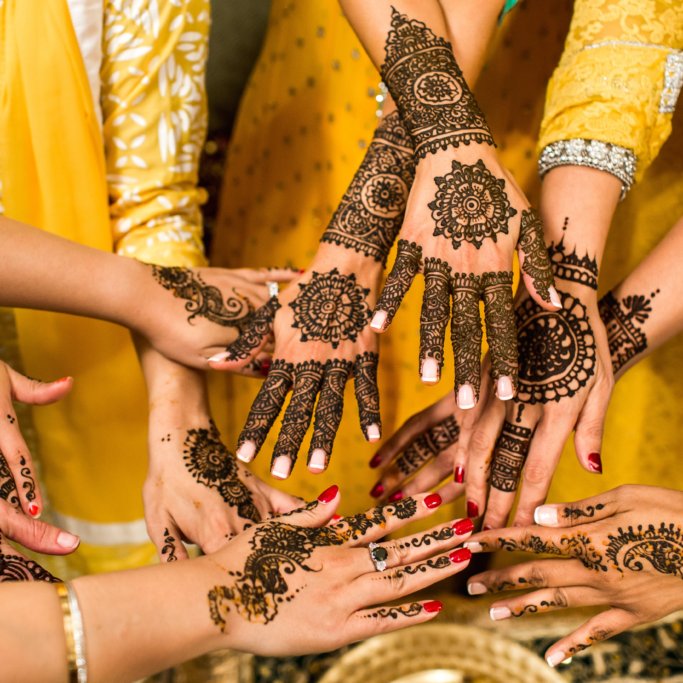
medicine, junior doctor, training, rotation, job, work, foundation doctor, core trainee
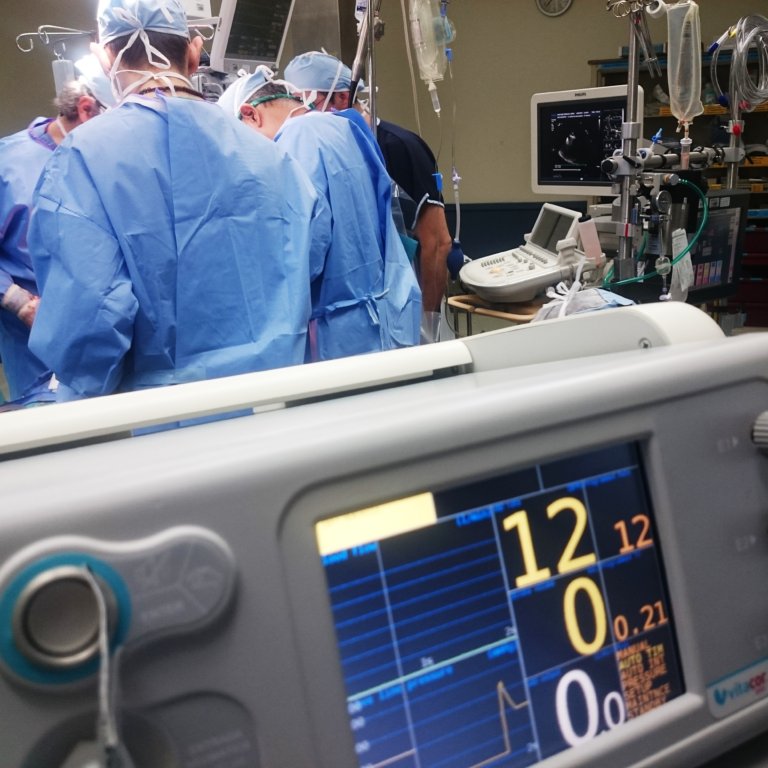
The screeching would not stop. I pushed every button with my finger, begging the computer screen to shut up. Bodies in blue were rushing around me, creating the blur of the afternoon sky as puddles of dark blood painted themselves across the hospital floor. I could feel my hands shaking as I pulled the screen closer to the bundle of bodies, my thumb missing the button on the screen several times as I begged my muscles to return to my control.
This was the first time in my twenty two years that I had seen a stab wound. To be fair, it was the first time I had seen any type of violence whatsoever. The closest it got was watching someone getting punched in the nose in Secondary School.
The confident strides of the senior nurses and consultants shone out from the chaos. Staff rushed to and fro with various syringes and bags of fluid in their outstretched arms, machines screeching in the background in an attempt to express their distaste as barking commands from the consultant loomed overhead. I slowly backed away into a corner as this opera unfolded before me, unsure what my role was in such a dramatic scene. I stood there and watched as blood gushed out of holes scattered along the victim’s body, as the leg bent awkwardly at an angle and the feet dangled helplessly at the end of the bed, worryingly pale and unresponsive.
This was but a small part of what I was to experience in my next four months working in one of the most deprived areas of Britain. Everyday I spoke to young teens who had been involved in gang fights, listened to stories of rape and sexual abuse from girls who were still in secondary school. I spent hours waving my hands blindly in the air as I attempted to converse with a family just moved from Syria who spoke no English, held a young mother’s hand as she cried after being a victim of racial assault, expressing a language that crossed all boundaries.
Within those four months I saw both the hope and the despair that grew out of globalisation and multiculturalism. My awe was immeasurable as I met families building their livelihoods from scratch, as I met young children attempting to integrate the foundation and culture from which they came from with the fast pace and judgement that came from their peers. I walked away from those four months not only reflecting upon humanity as a whole but upon myself as a person. Those four months focused my thoughts towards my heritage and my culture, the traces left behind by generations before me, and the modern country in which I lived in today.
Such is the life of a hermit. To drop one’s livelihood and race from one part of the country to another is a big ask. How does it have an impact on the young, brilliant minds who will become the future of our healthcare? How do we keep our sanity intact when we are expected to be different people at a time when we don’t even know ourselves?
Four months working as a doctor in inner city Britain and I learnt more about culture than any vacation or foreign trip I could ever make.
Conclusion
Displacement is a well known term within healthcare. We learn about the break between body and mind, the chaos of disease upon one’s family and friends, the yearning to be whole again.
Yet when it comes to clinicians we still seem to hold this view of perfection. We may have laughed away the superstitions of the Aztecs but that strong, passionate faith towards a healer, towards someone who cares about us, who has all the knowledge at their fingertips is still a part of us.
But if we do not take care of our healers, who will take care of us? This bizarre pathway carved out for junior doctors in Britain has given a different meaning to displacement in healthcare. It is not just the minds of our patients and their families that we need to consider but also the very people we hold on our pedestals. To live one’s twenties and thirties upon a roller coaster is intense; you never know at which turn you might be thrown off.
As I jump from rotation to rotation, being squeezed into different shapes and sizes to fit the holes of the departments I am placed in, I often wonder when this train will eventually stop. But that is indeed the one thing that keeps me going; the very idea that this journey will eventually stop. One day I will become a consultant in a speciality that I enjoy, surrounded by a team who I know and remember, with patients who I can truly help and transform. Yet in the back of my mind I will always remember that across the country thousands of junior doctors are facing this very journey day after day, and it is something that many quietly struggle with.
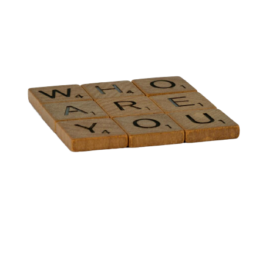
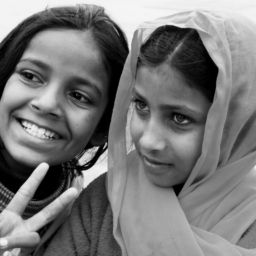
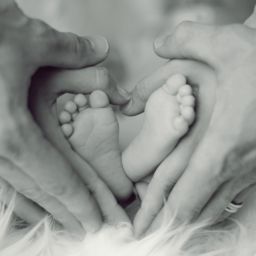
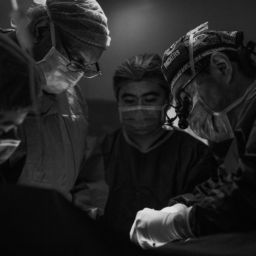


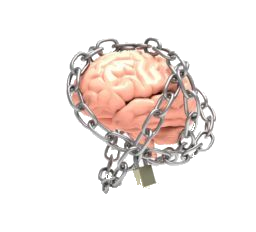







Hey are using WordPress for your blog platform? I’m new to the blog world but I’m trying to get started and set up my own. Do you need any coding knowledge to make your own blog? Any help would be greatly appreciated!
I have been checking out a few of your posts and i can state pretty clever stuff. I will definitely bookmark your site.